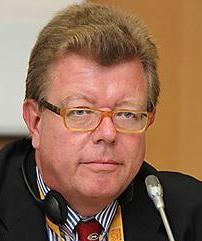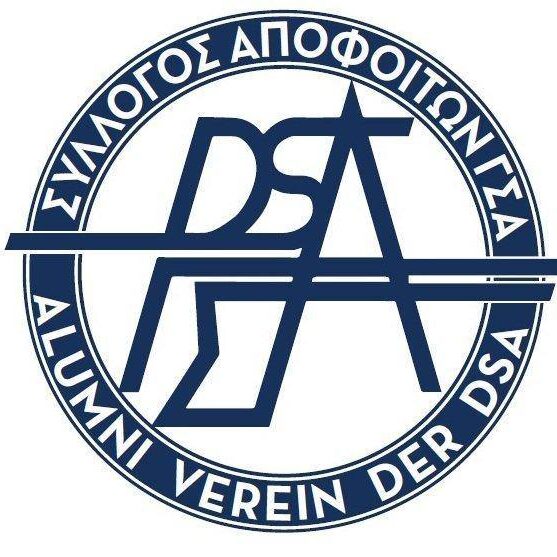 Until May 28, relations between Greece and Egypt appeared as solid as the granite cliffs surrounding the ancient Monastery of Saint Catherine at Mount Sinai. Just three weeks earlier, Egyptian President Abdel-Fattah El-Sisi had traveled to Athens – his fifth visit since assuming power in 2014. The summit was lauded as a diplomatic triumph. Both governments signed a raft of bilateral agreements, and the Greek capital hosted the inaugural session of a newly established High-Level Cooperation Council.
Until May 28, relations between Greece and Egypt appeared as solid as the granite cliffs surrounding the ancient Monastery of Saint Catherine at Mount Sinai. Just three weeks earlier, Egyptian President Abdel-Fattah El-Sisi had traveled to Athens – his fifth visit since assuming power in 2014. The summit was lauded as a diplomatic triumph. Both governments signed a raft of bilateral agreements, and the Greek capital hosted the inaugural session of a newly established High-Level Cooperation Council.
El-Sisi, standing beside Greek Prime Minister Kyriakos Mitsotakis, described the new council as a “milestone and qualitative leap” in bilateral relations. Energy cooperation was high on the agenda, particularly a flagship project: an undersea cable that would channel solar and wind power from Egypt to Europe via Greece. The European Union, eager for green energy partnerships with third countries, pledged financial support. Greece, positioning itself as a geopolitical bridge, also voiced readiness to mediate Egypt’s broader European cooperation. “Greece is a steadfast ally of Egypt – even in your country’s relations with the EU,” Mitsotakis assured his visibly pleased guest.
Δείτε το άρθρο στο vima.com στα αγγλικά:
Crisis on the Sinai: When Sacred Ground Becomes a Foreign Policy Fault Line
https://magazin.zenith.me/de/politik/griechenland-aegypten-und-das-katharinenkloster

